Japanese food culture is not merely about satisfying hunger; it profoundly nourishes both mind and body by maximizing the rich blessings of the land. Supported by ancient wisdom and techniques, Japanese gastronomy satisfies all five senses, drawing out inner health and vitality. Experience the world of food wellness cultivated in Japan through the profound flavors of fermented foods, the delicate harmony of Shojin Ryori (Buddhist vegetarian cuisine), a rich variety of plant-based foods, and diverse regional gastronomy.
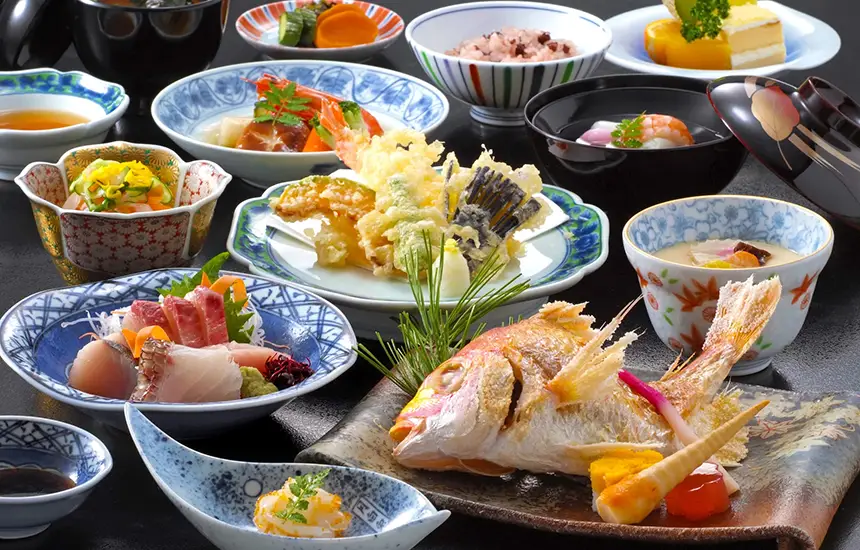
Fermented Foods
One of the indispensable elements of Japanese food culture is fermented foods such as miso, soy sauce, natto, sake, and pickles. These foods, whose nutritional value is enhanced by the power of microorganisms, aid digestion and create unique umami and flavors, supporting a healthy diet since ancient times.
Improved Gut Environment & Immune Support
The beneficial bacteria in fermented foods are believed to balance gut flora, aiding digestion and absorption, and contributing to the maintenance of the body’s immune function.
Enhanced Nutritional Value
During the fermentation process, nutrients such as B vitamins, amino acids, and minerals are generated and increased, sometimes making them more nutritious than regular ingredients.
Mind-Body Invigoration & Expected Skin Benefits
A balanced gut environment is said to promote the excretion of waste products and activate metabolism. This can
also lead to improved skin condition.
Potential for Stress Reduction
The gut and brain are closely linked, known as the gut-brain axis. A healthy gut environment is believed to contribute to the production of neurotransmitters like serotonin, which are involved in mental stability and stress reduction.
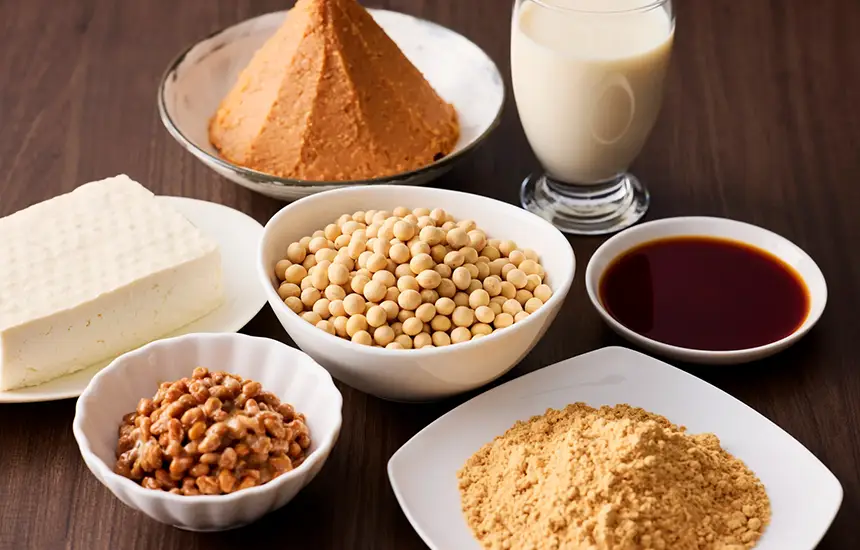
Shojin Ryori (Buddhist Vegetarian Cuisine)
Shojin Ryori is a cuisine based on Buddhist teachings, primarily consisting of vegetables, grains, and legumes, without the use of meat or fish. Rooted in Zen philosophy, this food culture emphasizes the natural flavors of ingredients and features cooking methods utilizing the five tastes (sweet, sour, spicy, bitter, salty) and five cooking techniques (raw, simmered, grilled, fried, steamed).
Gentle on Digestion
By avoiding animal products, it reduces the burden on digestive organs, making it a cherished meal for gently regulating the body from within.
Excellent Nutritional Balance
By using a wide variety of vegetables, mushrooms, seaweed, and legumes, it provides a balanced intake of nutrients such as vitamins, minerals, dietary fiber, and plant-based protein.
Time for Introspection & Gratitude
Enjoying carefully prepared seasonal ingredients and quietly savoring the meal offers a valuable opportunity to calm the mind, deepen concentration, and foster introspection. This is a time for self-reflection through food, aligning with Zen philosophy.
Environmental Consideration & Sustainability
A plant-based diet is also gaining attention as a sustainable lifestyle that reduces environmental impact.
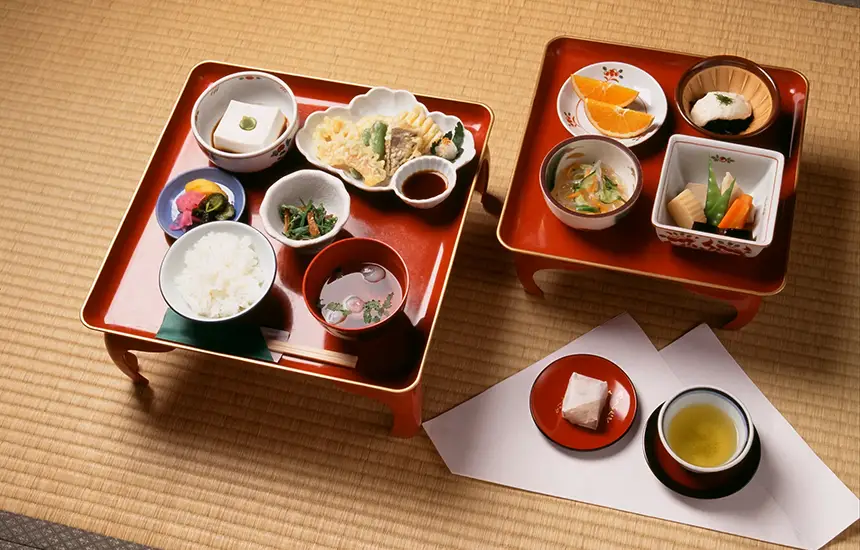
Plant-Based Foods
In Japan, a food culture centered on plant-based foods is traditionally deeply rooted, with vegetables, legumes, and seaweed appearing abundantly not just in Shojin Ryori but also in everyday meals.
Dietary Fiber & Gut Environment
Dietary fiber is believed to regulate the gut environment, helping to moderate sudden spikes in blood sugar and cholesterol levels.
Antioxidants & Health Maintenance
Vegetables, fruits, and seaweed are rich in antioxidants like vitamins C and E, and polyphenols, which are believed to reduce oxidative stress in the body and contribute to maintaining cellular health.
Reduced Risk of Lifestyle-Related Diseases
A plant-based diet tends to limit saturated fat intake, which is believed to reduce the risk of heart disease and diabetes.
Diverse Nutrient Intake
Eating a balanced variety of colorful vegetables, legumes, grains, and seaweed allows the body to naturally absorb various vitamins, minerals, and phytochemicals.
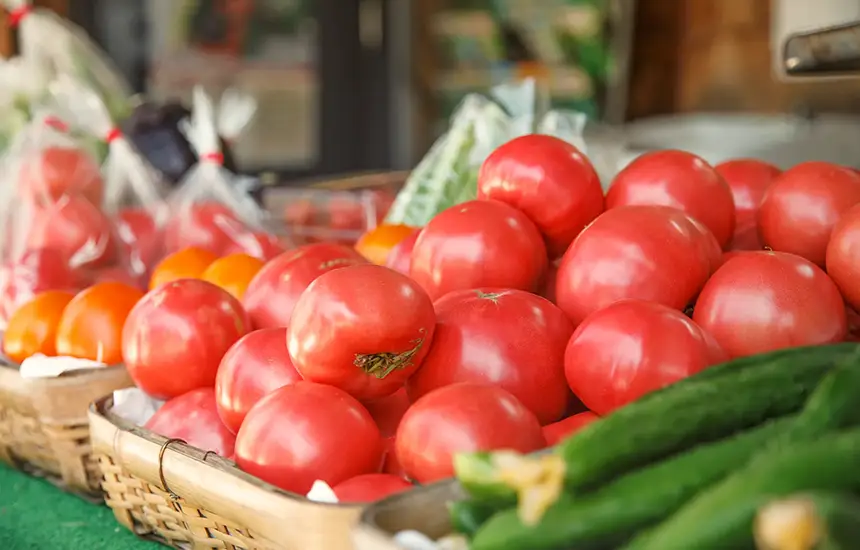
Regional Gastronomy
The Japanese archipelago stretches long from north to south, with varying climates and topographies, leading to the development of unique food cultures in each region. The many dishes created from local seasonal ingredients and traditional cooking methods are one of the great joys of travel.
Rich Nutrients in Seasonal Ingredients
Seasonal ingredients are most abundant in nutrients during their respective seasons and contain the powerful energy nurtured by that land. Incorporating these ingredients into your meals will help harmonize your body’s natural rhythm and efficiently provide essential nutrients.
Cultural Learning & Mental Enrichment
Experiencing unique regional food cultures deeply connects you with the history, local life, and values of that land, enriching your mind.
Five-Senses Dining Experience
A regional dining experience that stimulates all five senses—sight, taste, smell, hearing, and touch—brings deep satisfaction and memorable emotions.
New Culinary Discoveries
Encounters with regional ingredients and cooking methods can bring new perspectives and culinary ideas to your daily diet.
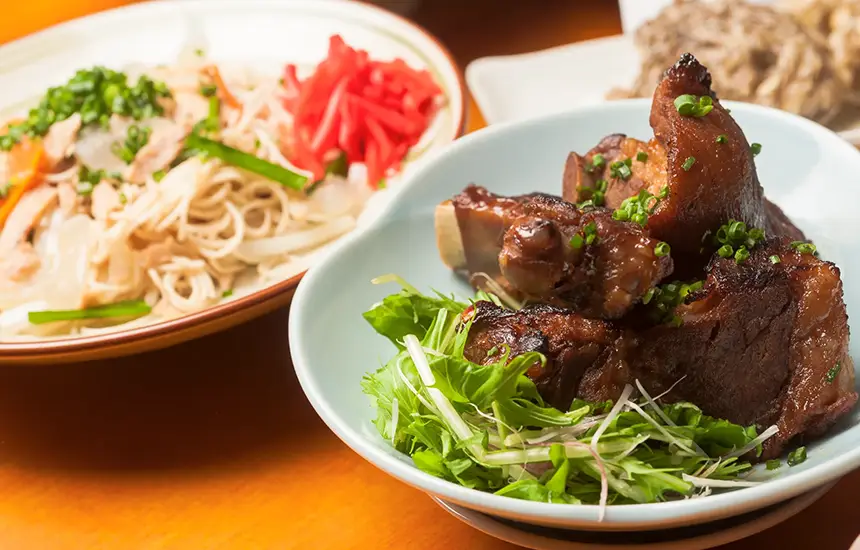
Discover Wellness Through the Depth of Japanese Food Culture
Japanese food culture is not merely about satisfying hunger; it is also a source of wellness that deeply nurtures your mind and body. Fermented foods are believed to regulate gut health, Shojin Ryori offers time for Zen introspection, plant-based foods regulate the body, and regional gastronomy is thought to enrich your senses and mind. At SHIZUKU, we invite you to discover the depth of Japanese cuisine. We hope you will find your own delicious and
healthy moments in Japan.






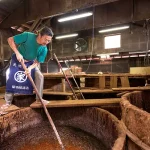


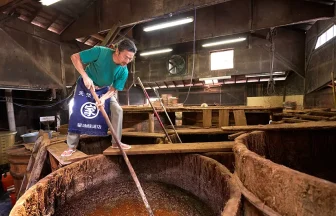
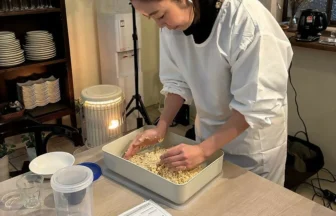
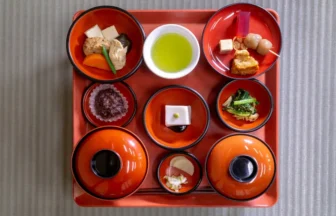
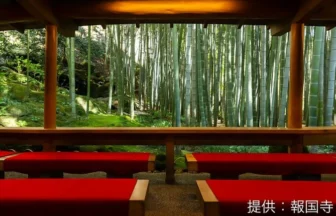

 Sponsored
Sponsored








